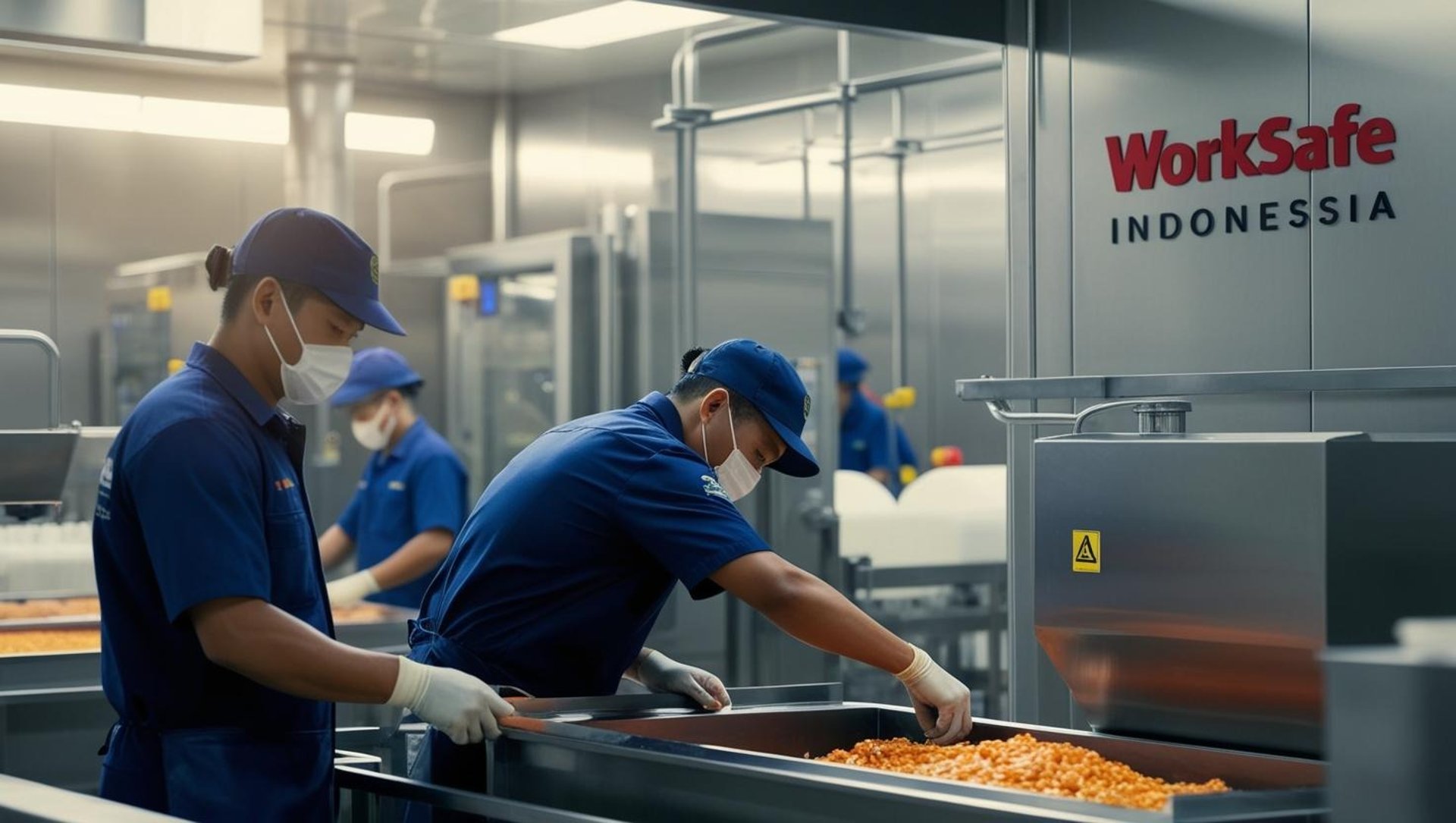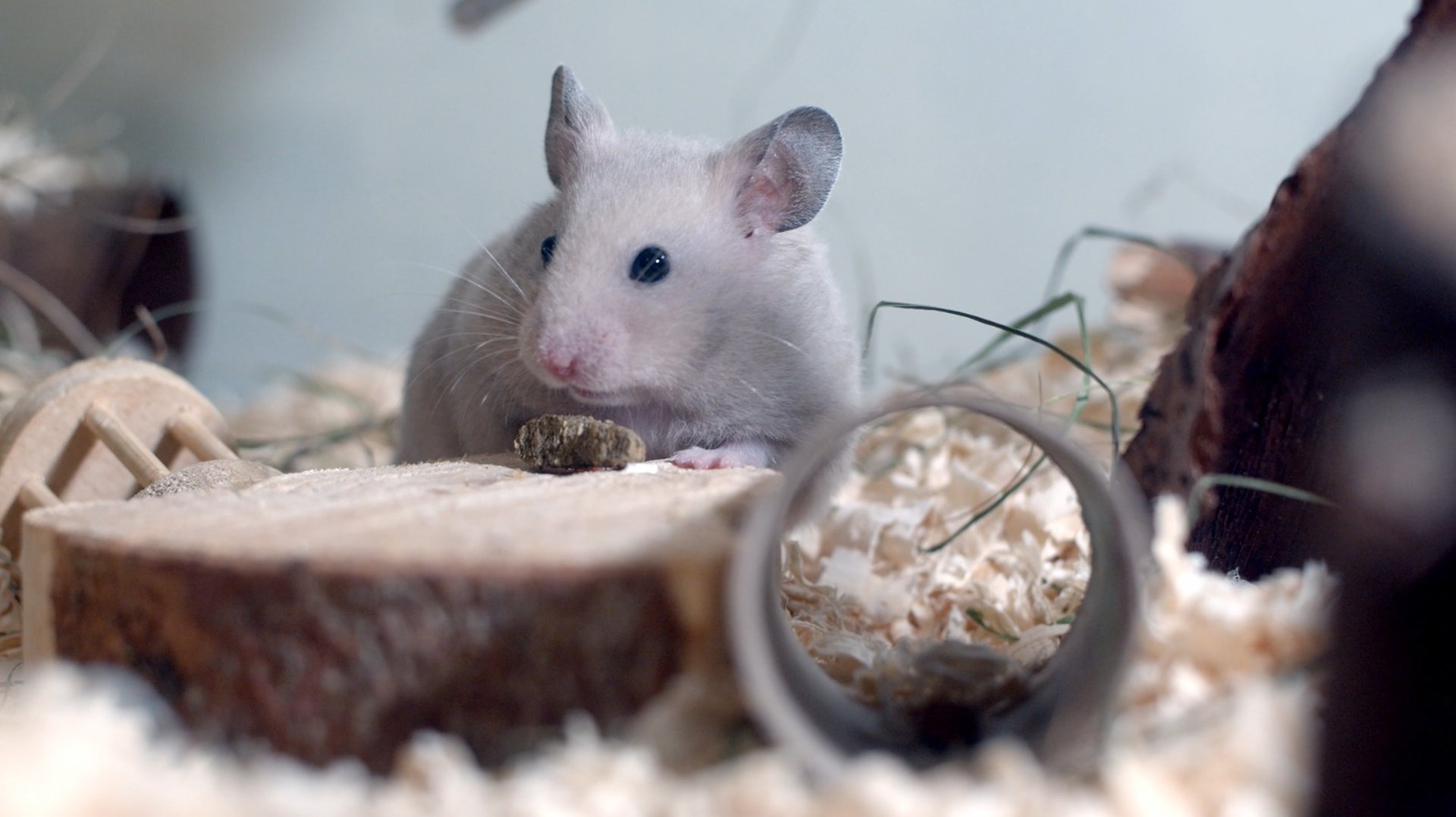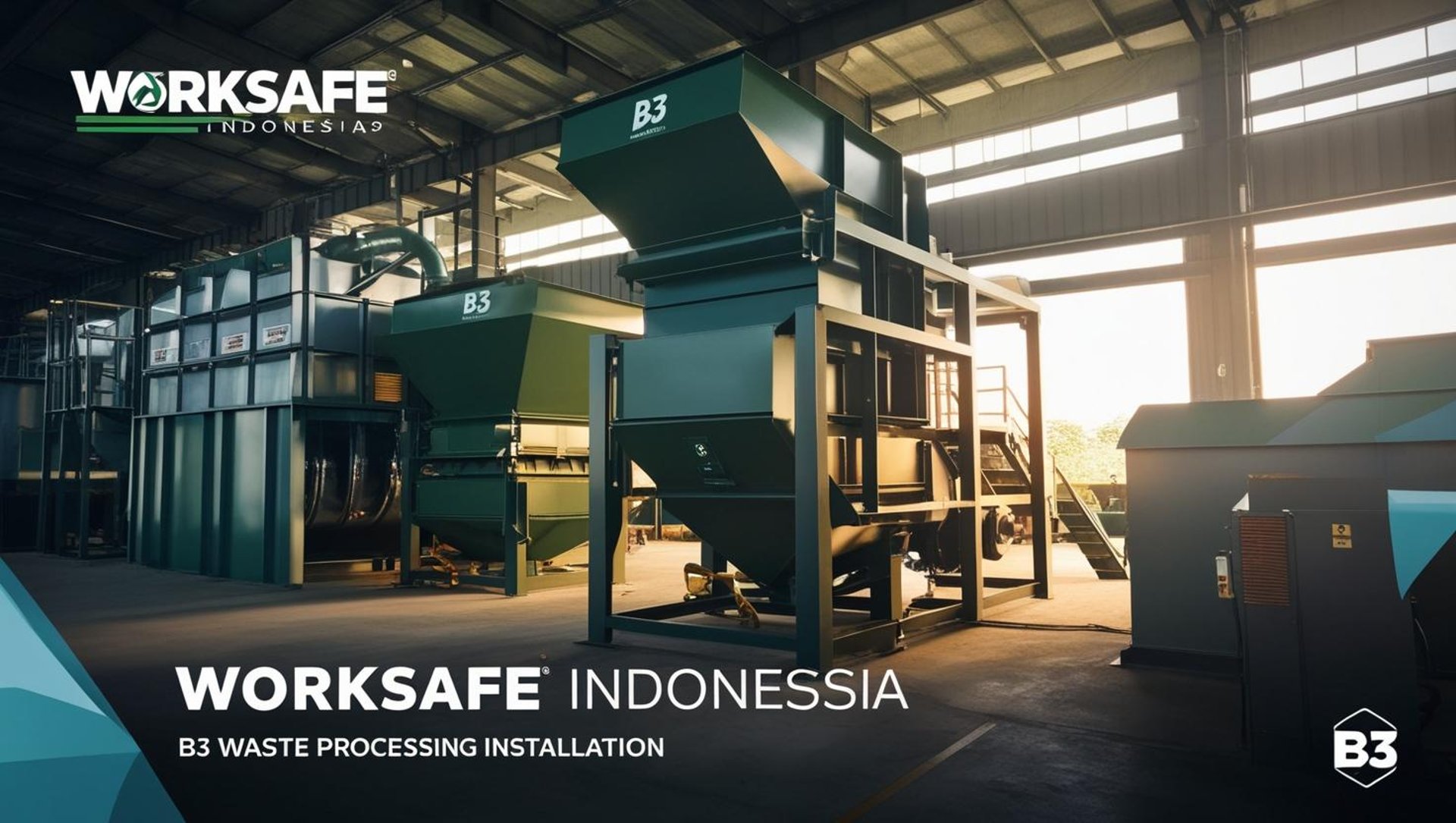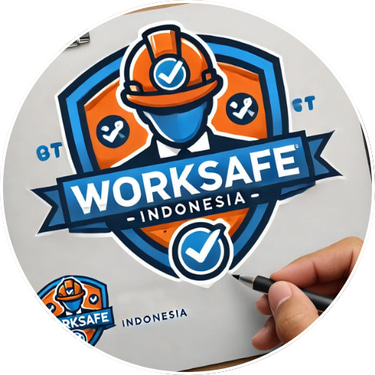
Promoting All About Safety, Health and Environmental
Disease Vectors Caused by Rats and the Viruses They Transmit
Rats are not only destructive pests that damage food supplies and infrastructure, but also dangerous vectors of disease for humans.
HEALTHYSAFETY
Septian Indra
9/30/20251 min read



Worksafe - Disease Vectors Caused by Rats and the Viruses They Transmit
Rats are not only destructive pests that damage food supplies and infrastructure, but also dangerous vectors of disease for humans. Their presence in workplaces, homes, and project areas can increase serious health risks through urine, droppings, bites, or parasites such as fleas and mites that live on their bodies.
Why Are Rats Dangerous?
Rats are known as natural reservoirs of various microorganisms that cause disease. They thrive in dirty environments such as sewers and garbage dumps, making it easy for them to spread viruses and bacteria into human activity areas.
Diseases Caused by Rats and the Viruses They Transmit
Leptospirosis
Caused by the bacteria Leptospira.
Transmitted through water or soil contaminated with rat urine.
Symptoms: high fever, muscle pain, jaundice, kidney failure.
Hantavirus
Causes Hantavirus Pulmonary Syndrome (HPS).
Spread through airborne particles from dried rat urine or droppings.
Symptoms: fever, cough, shortness of breath, potentially fatal.
Murine Typhus
Caused by the bacteria Rickettsia typhi.
Transmitted through rat flea bites.
Symptoms: fever, headache, skin rash.
Rat-Bite Fever
Caused by the bacteria Streptobacillus moniliformis.
Transmitted through rat bites or scratches.
Symptoms: fever, vomiting, muscle pain, severe infection.
Lassa Fever
Caused by the Lassa virus (Arenavirus group).
Spread through food or drink contaminated with urine or droppings of the African rat (Mastomys).
Symptoms: flu-like illness to severe internal bleeding.
Prevention at Workplaces and Homes
Keep workplaces, warehouses, and kitchens clean.
Store food properly in sealed containers.
Manage waste effectively to prevent rat infestations.
Use PPE (Personal Protective Equipment) when working in contaminated areas.
Conduct routine pest control programs.
✅ Conclusion:
Rats are more than pests—they are dangerous disease vectors capable of transmitting multiple viruses and bacteria. Effective prevention and control measures are essential to maintain Occupational Safety and Health (OSH) in project sites, factories, and even at home.
Worksafe Indonesia – Keep Safe, Be Safe !!

